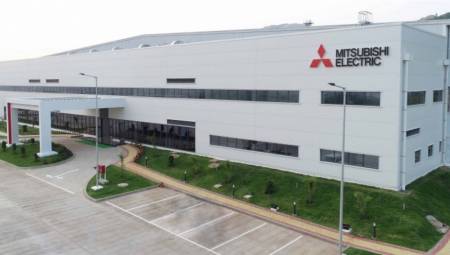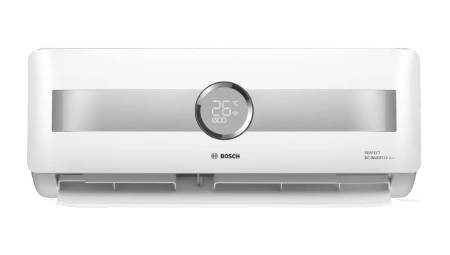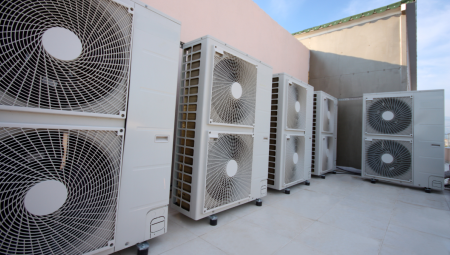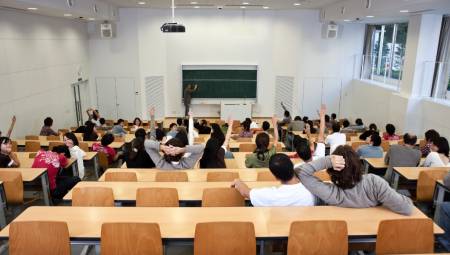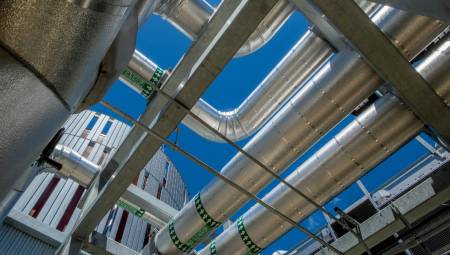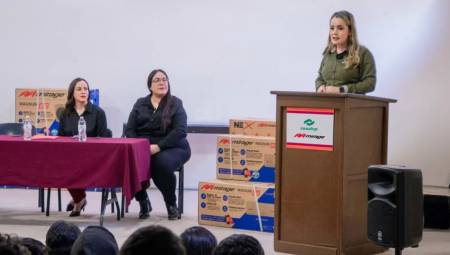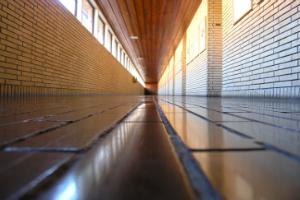 The author brings to this edition a valuable reflection on the different initiatives that have been carried out by different organizations in order to reach the desired efficiency.
The author brings to this edition a valuable reflection on the different initiatives that have been carried out by different organizations in order to reach the desired efficiency.
By Camilo Botero G.*
It is very important for all those involved in building construction projects, that it is understood where this activity is focusing, because the changes are truly dramatic and vertiginous and must be accompanied by the guild with an immense effort in training, standardization and certification.
In several countries of the world, mainly in the United States and in some of Europe, governments are leading very significant movements towards the Rational Use of Energy (URE) and there are organizations such as ASHRAE (American Society of Heating, Refrigerating and Air Conditioning Engineers), The Green Building Council of the USA, the Institute of Illumination and the American Institute of Architects, that are writing and promoting standards that will ultimately result in enforceable codes for this industry.
If this orientation is well understood in Colombia, the direction in which our industry must be mobilized, we can be ahead of the changes and provide guidelines so that all the actors involved in the design, construction, operation and maintenance of buildings, manage to minimize the energy costs of their facilities and the impact of the same on the environment, especially in what has to do with Air Conditioning systems (Air Conditioning, Refrigeration, Heating, Ventilation and Humidity Control) and, in this way, be able to use those standards or elaborate their own.
An example of this is a national version of the RITE (Regulation of Thermal Installations in Buildings) of Spain, which is in Spanish, this task has already begun, but it is not being developed with the speed that the circumstances demand it.
ASHRAE, on the other hand, already has several guides for the efficient design of HVAC systems with savings of up to 30% in energy consumption, which can be downloaded from the grid for free.
Likewise, standards 90.1 on energy efficiency and 60.2 that has to do with indoor air quality and that is a determining factor in energy consumption can be downloaded, are now available for free on the network.
The massive use of the 189.1 standard is also being promoted, which includes these topics and also water management, and aspects such as project locations.
But most ambitious of all is ASHRAE's approach to zero energy balance by 2030, a goal too ambitious for openly going against the second law of thermodynamics, but which has already caused ASHRAE to call it "almost" zero energy balance.
This is to encourage a building to pool as much energy as possible and to come from renewable energy sources, but always maintaining acceptable functionality in the building.
Buildings will be able to access energy from the public grid, but on the condition that the energy balance on an annual basis is "almost" zero. This is the great challenge that all the engineers and technicians of the world are facing and even more so those who are involved with the issue of Air Conditioning.
This implies substantial changes in technology, bold proposals in standardization and legislation and, in addition, the use of very effective methodologies for the design, construction, operation and maintenance of buildings such as commissioning and energy audits; but above all a deep awareness of the need and goodness to incorporate this concept into our daily lives.
The goal, then, is to definitively change the way we use energy and how we transform it so that without deteriorating the quality of life that has been achieved, we do not deteriorate the environment and leave planet for future generations. This involves minimizing the use of energy from hydrocarbon-based sources and moving to unconventional energies.
* Camilo Botero is the current president of ACAIRE and president of Camilo Botero Ingenieros Consultores Ltda. He has worked as a teacher in several Colombian universities, guilds and currently in ACAIRE in diploma courses of air conditioning projects, energy efficiency in air conditioning and refrigeration, cogeneration and trigeneration, applied psychometrics, thermodynamics, fluid mechanics, heat transfer and turbomachinery.




